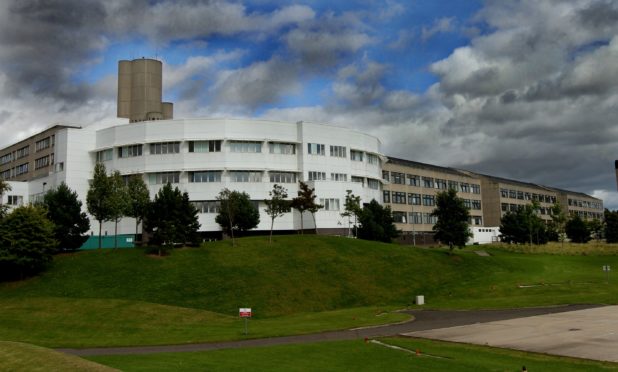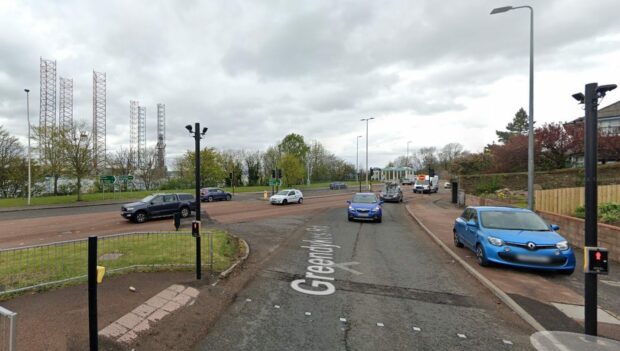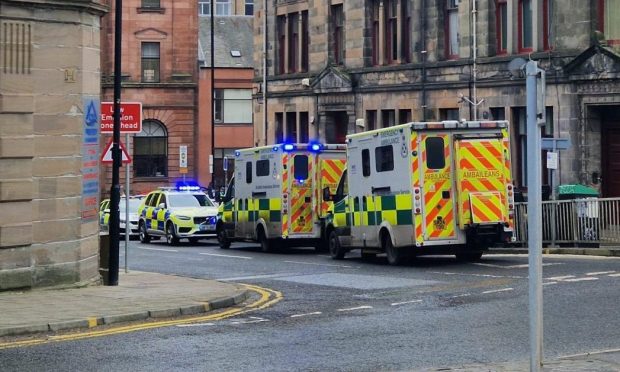NHS Tayside has spent more than £150,000 on equipment to help treat obese patients over the past five years.
Figures released by the health board in response to a Freedom of Information request revealed the expenditure on special beds and hoists for overweight patients.
Since 2013/14, the cash-strapped health board has spent £157,100 on specialist bariatric equipment.
It has also created bariatric spaces in its mortuary, plus space for an additional two beds.
Earlier this year, consultant endocrinologist and diabetes expert Dr Chris Schofield said obesity was one of the biggest challenges facing the NHS.
The Ninewell Hospital-based expert said the problem had the potential to “bankrupt” the NHS and more work must be done to educate people about diet and exercise.
Currently, £1 in every £10 spent by the NHS is for the treatment of obesity-related health problems.
The issue is more prevalent in areas of high deprivation. Figures released by NHS Scotland this year found 22% of men in more affluent areas were obese compared to 28% of men living in areas of deprivation.
The disparity is even greater among women, with 21% of women in affluent areas classed as obese compared to 37% in deprived areas.
An NHS Tayside spokesperson said, “NHS Tayside is committed to providing high quality clinical care and treatment whilst promoting high standards of privacy and dignity throughout a patient’s or service user’s care pathway.
“Across NHS Tayside there is a range of specialist bariatric equipment, including specialist beds, hoists and wheelchairs which can be used to assist in the care of patients as and when required.”
The spokeswoman said staff received training to help them move overweight patients.
She said: “Staff must comply with NHS Tayside’s Promoting Safe Manual Handling Policy and follow appropriate systems of work, making full and proper use of equipment provided for their safety.
“Each service carries out risk assessments to identify any requirements for specialist bariatric equipment to enable staff to safely move bariatric patients.
“This means that the needs of the bariatric patient are identified early ensuring that the appropriate resources are in place to support timely and safe transfers.
“We have a bariatric training suit and mannequin to further increase the delivery of manual handling training and effective care of bariatric patients.
“Manual handling advisors now visit wards and departments across NHS Tayside and provide staff with educational bariatric workshops and problem solving sessions.”










